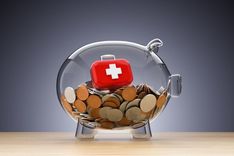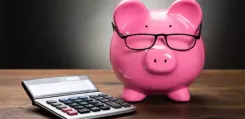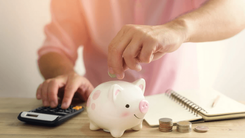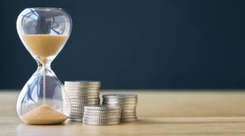In today's society, it is common to feel the need to acquire material objects in order to be happy.
However, more and more people are realizing that they don't need to have everything they want to feel fully satisfied in their lives.
The good news is that there are many ways to achieve this without having to spend large sums of money.
Economizing at home
Reducing expenses at home is a healthy habit for our personal finances. Here are some tips for saving money at home:
- Turn off appliances when not in use;
- Change light bulbs for energy-saving ones;
- Recycle and reuse materials instead of throwing them away;
- Don't leave taps running unnecessarily;
- Buy products in bulk and avoid food waste;
- Reduce the use of cars and use public transport or bicycles;
- By following these tips, you will be able to reduce your expenses and contribute to the care of the environment at the same time.
Keeping control of personal finances
One of the keys to reducing expenses and living happier is to keep a rigorous control of our personal finances. To do this, it is important to:
- Make a realistic budget that includes all our monthly income and expenses;
- Avoid unnecessary expenses and reduce those that may be dispensable;
- Keep a detailed record of our income and expenses through specific applications or programs;
- Regularly analyze our budget and adjust it according to our needs and priorities;
- Invest in financial tools that allow us to save, such as remunerated accounts or pension plans;
- Keeping control of our personal finances will help us to lead a more balanced life without economic stress, allowing us to enjoy our money in a responsible and conscious way.
Optimize the use of public resources
One way to reduce expenses is to use public resources efficiently. Here are some tips:
- Use public transportation instead of your private vehicle. This way you will save on gas, maintenance and parking;
- Take advantage of free services offered by your city, such as parks, libraries and museums;
- Find out about grants and subsidies available for your home, such as tax rebates or energy efficiency programs;
- Don't waste water and electricity. Use LED bulbs and don't leave lights on when not in use. Also, turn off the faucet while brushing your teeth or washing dishes;
- Don't throw food in the trash. Plan your meals to avoid wasting food and use leftovers to create new recipes;
- By optimizing the use of public resources, in addition to saving money, you also contribute to the care of the environment and collective well-being.











